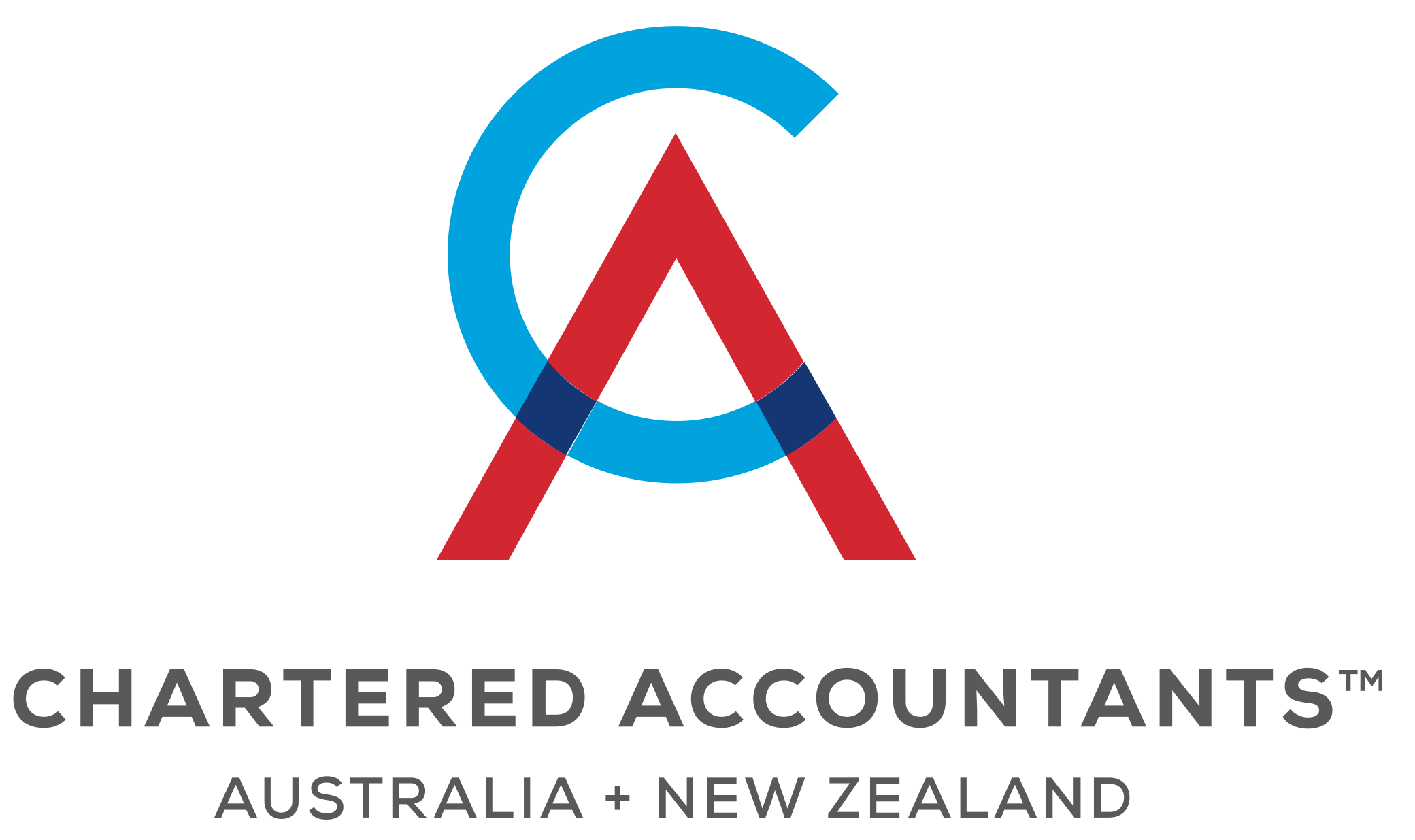Experienced SMSF trustees are likely familiar with the SMSF auditor’s request for a property valuation report at least once every three years. In the past, a one-page signed letter from a real estate agent expressing their opinion on the property’s value was often considered adequate support for property valuation. However, recent guidance from the Tax Office has clarified that this approach is no longer sufficient for audit evidence.
Since the 2013 financial year, all SMSF trustees are obligated to ensure that their fund assets are valued at market value when preparing annual financial statements in accordance with Regulation 8.02B of the Superannuation Industry (Supervision) Regulations 1994 (SISR). Market value, concerning real property, refers to the amount a willing third-party buyer would reasonably pay to acquire the asset from a willing third-party seller.
While obtaining a formal valuation might be considered, it’s not always mandatory. The Tax Office has stipulated alternative forms of acceptable evidence, which include:
- Independent appraisals from real estate agents (kerbside evaluations).
- A recent contract of sale if the property’s purchase is recent and no significant events affecting its value have occurred since.
- Recent comparable sales data.
- Rates notices (if consistent with other valuation evidence).
- Net income yield of commercial properties (not standalone evidence and applicable only when tenants are unrelated).
It’s emphasized by the ATO that relying solely on one of the listed evidence forms is insufficient. A combination of various evidence sources is essential to demonstrate compliance with Regulation 8.02B.
In October 2020, the Tax Office updated its guidance on kerbside and online property valuation reports, adding a requirement for comparable sales data to support such evidence. This means that a single-page letter from a real estate agent is no longer considered adequate audit evidence. The Tax Office has specified that “real estate agent appraisals, stating potential sale prices without detailing actual sales data, would generally not suffice as standalone and appropriate evidence.” Thus, a kerbside valuation report should now include a physical list of properties similar to the SMSF’s property, along with their respective sale prices.
Addressing situations where comparable sales data is lacking, it’s acknowledged that this can occur, particularly for properties with no sales in the area for an extended period, such as farmland. However, this argument may not hold for residential or commercial properties in urban areas like Melbourne. Trustees are responsible for obtaining valuations for the real estate assets within their fund.
Failure to obtain adequate and appropriate evidence to substantiate the property’s market value could lead to a qualification being included in the Fund’s audit report.
We recommend consulting your accountant and auditor to assess the compliance of your current property valuation report with the Tax Office’s updated standards. For residential properties, options like CoreLogic’s report integrated with Class and Simple Fund 360 offer cost-effective compliant property reports. For commercial properties, we suggest using a property valuation service.





